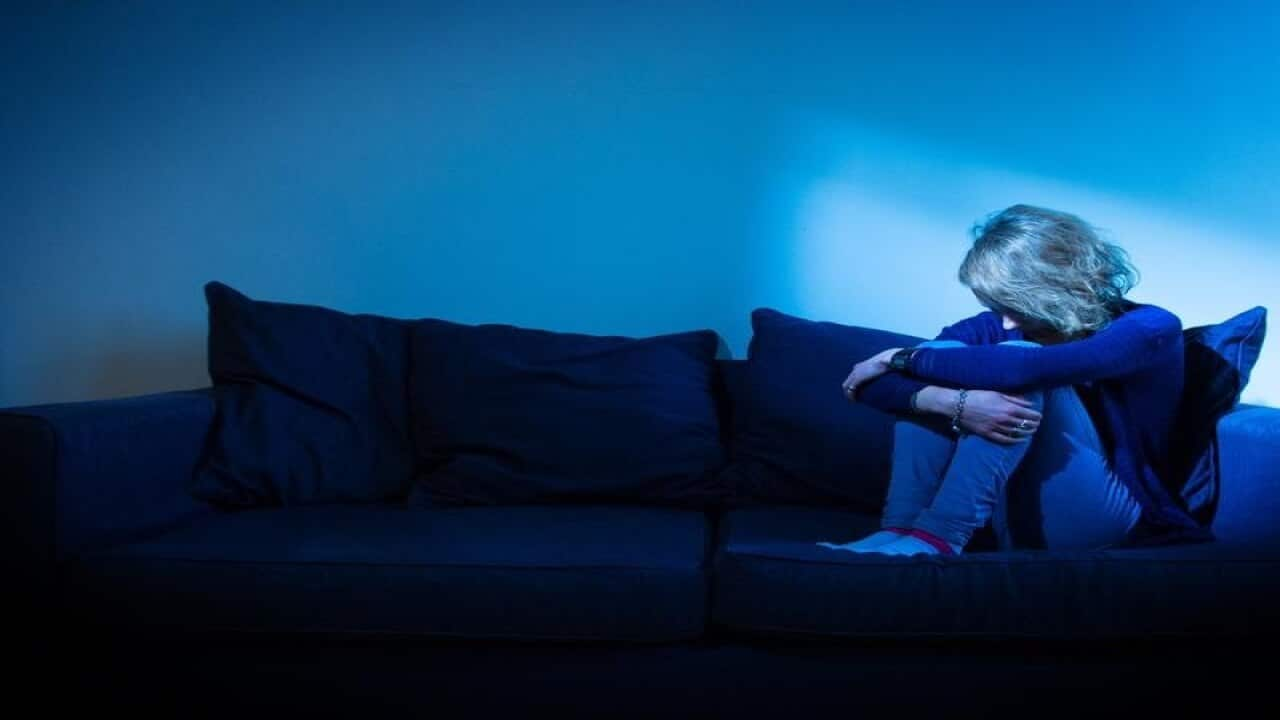The Christmas period can be a stressful time for anybody, with more social functions, the pressure of organising events and all the extra time spent with family.
But for those who suffer from anxiety, stress can aggravate their condition.
“For anxiety sufferers, increased stress at Christmas time can increase their anxiety,” Rachel Guthrie, a clinical psychologist says.
She says there are a number of contributing factors at this time of the year that can cause increased pressure. These include:
- Work deadlines.
- Increased financial stress related to gift giving.
- A lack of personal time due to an increase in social and family gatherings, which means there often isn’t a chance to relax.
- Over-indulging in caffeine and alcohol.
- Sleep deprivation.
- Conflict with family members.
- The pressure of hosting social gatherings.
- Not having any family to spend the holiday season with.
But fortunately, Guthrie says there are strategies an anxiety sufferer can use to help reduce stress over the holidays.
She recommends:
- Prioritising sleep to ensure you get adequate rest.
- Using calming techniques such as daily meditation or relaxation - even as little as 10 minutes per day can help.
- Engaging in regular exercise.
- Minimising caffeine and alcohol consumption.
- Trying not to over-schedule events and making sure there is downtime between occasions.
- Limiting time, when possible, with people you find difficult. This could include taking short breaks outside during a gathering.
- Addressing any issues with family prior to Christmas if possible. This may involve seeking the advice of a professional on the best communication strategies you can use.
- If someone is lonely and experiencing feelings of isolation Guthrie suggests reaching out to friends, or volunteering with not-for-profit organizations to help them connect with others.
- Making sure you stick to a budget if financial stress is a concern.
- Delegating tasks and accepting offers of help when hosting events, and aiming for “good enough” not “perfect”.
- Limiting time on social media - “if people are already feeling anxious and stressed then looking at social media can lead them to feel more upset as it can appear like everyone else’s lives are perfect,” Guthrie says.
Guthrie says these simple strategies can really make a difference, particularly at this time of year.
“It’s helpful for people to realise that there are strategies they can use to help them feel an increased sense of control when they are stressed and anxious. Although we can’t always control our environment, we can control our reactions to it, that is, our behaviours and how we think”, she explains.
“Hopefully some of these habits will continue next year.”
For more information on how to manage anxiety please visit Beyond Blue.
